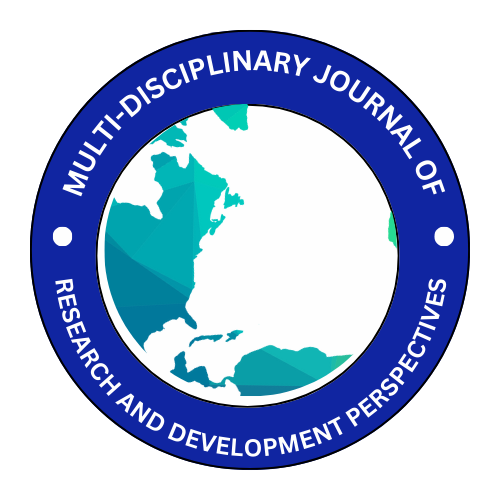Income inequality and social exclusion in Cross River State: Implications for individual involvement in crime
Author(s): Tangban, Egbe Ebagu; Nnana Okoi Ofem; James, Runyi Daniel; Samuel Samuel Eze
Institute(s): 1,2,4 Department of Social Work, University of Calabar, Calabar; 3 Department of Tourism Studies, University of Calabar, Calabar
Volume 13 / Issue 1
Abstract
This study assessed income inequality and social exclusion in Cross River State, implications for individual involvement in crime. From a total population of 632,125 adults who are either 18 years or above, a sample of 1130 was selected for the study. Two instruments were used for data collection including a questionnaire and the in-depth interview (IDI) methods. The hypotheses of the study were tested at .05 level of significance using the One-Way analysis of variance. From analysis, it was found that: level of income inequality and rate of social exclusion were not significantly related with individual involvement in crime in Cross River State. On the basis of the findings of this study, the study concluded that, while income inequality and social exclusion were unusually high in Cross River State, they do not induce individual involvement in crime. On the basis of that conclusion, the study recommended that the State Government should establish a comprehensive Social Security Agency coordinated by men of proven integrity, where the pension funds of retired workers are received and managed incorruptibly, and the three tiers of government should contribute at least 5% of their yearly budgets into the agency’s coffers for the welfare of the disabled, orphans, and the unemployed; There is a need to generate political commitment to social protection in Nigeria. A starting point would be to initiate some measure of social equity through income re-distribution, particularly from the political office holders for investment in social protection programmes.
Number of Pages: 10
Number of Words: N/A
First Page: 277
Last Page: 286
